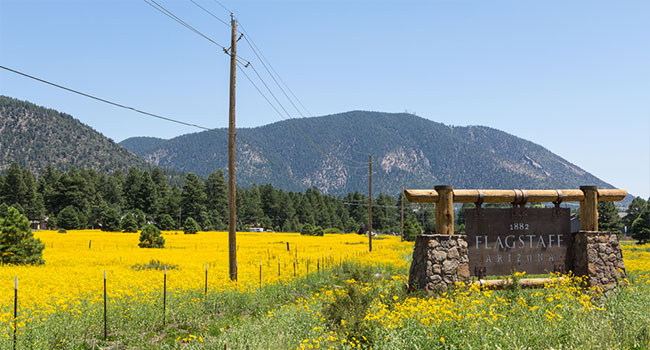
Arizona District Cancels Days of Classes Due To Ransomware Attack
While other districts have decided to pay out fines to hackers, the Flagstaff Unified School District says it is not planning to pay the ransom.
- By Haley Samsel
- September 09, 2019
The school district in Flagstaff, Arizona was forced to cancel classes on Thursday and Friday due to a ransomware attack on its systems.
In a statement posted on Facebook, the Flagstaff Unified School District said progress was made on Thursday in “securing critical FUSD systems” but that work would need to continue through the weekend so students could return to school on Monday.
“FUSD understands this decision impacts families and the community,” the post reads. “We appreciate your patience as we work through this situation.”
District spokesman Zachery Fountain told 12 News, a local news station, that the move to cancel classes was necessary in order to address the cybersecurity threat.
“Our IT teams worked quick to contain the issue so we could minimize the damage,” Fountain said.
District employees noticed strange activity on their servers Wednesday morning and determined it was ransomware, a type of malware attack that demands money in return for codes that give organizations access to their systems, 12 News reported.
School districts across the country have had to respond to similar attacks in recent months, including a New York district that delayed its first day of school last week in order to respond to a ransomware attack.
Earlier this year, a school district in Nassau County, New York made the choice to pay a hacker $88,000 to regain access to their central systems. But Fountain said the Flagstaff district does not plan to do the same. For now, officials will use their snow day procedures and make the missed days up in the spring.
“There’s been no discussions in terms of payouts or things like that, that’s because our team moved very quickly to contain the issue,” Fountain said.
About the Author
Haley Samsel is an Associate Content Editor for the Infrastructure Solutions Group at 1105 Media.